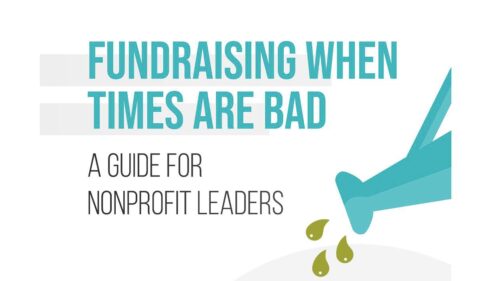

As you look ahead to the new year—sure to be another exciting one, it seems—you might take a few minutes to consider where you can hone your messaging to better engage your donors.

J.D. Vance’s bestseller Hillbilly Elegy offers an unflinching inside look at rural America. We can learn a lot about charitable work in rural areas from this book.

Steven M. Teles’ book, The Rise of the Conservative Legal Movement, describes the successful role philanthropy played on the right and left to bolster a legal movement advancing their causes.

Matthew Crawford’s new book, Why We Drive: Towards a Philosophy of the Open Road, casts a skeptical eye towards the efforts to “manage” our lives—a trend we see anywhere from the open road to modern philanthropy.

A review of Jeremy Beer’s new e-book, Fundraising When Times Are Bad: A Guide for Nonprofit Leaders. While commending practical wisdom Beer’s new e-book provides guidance to nonprofit leaders navigating “bad times.”




